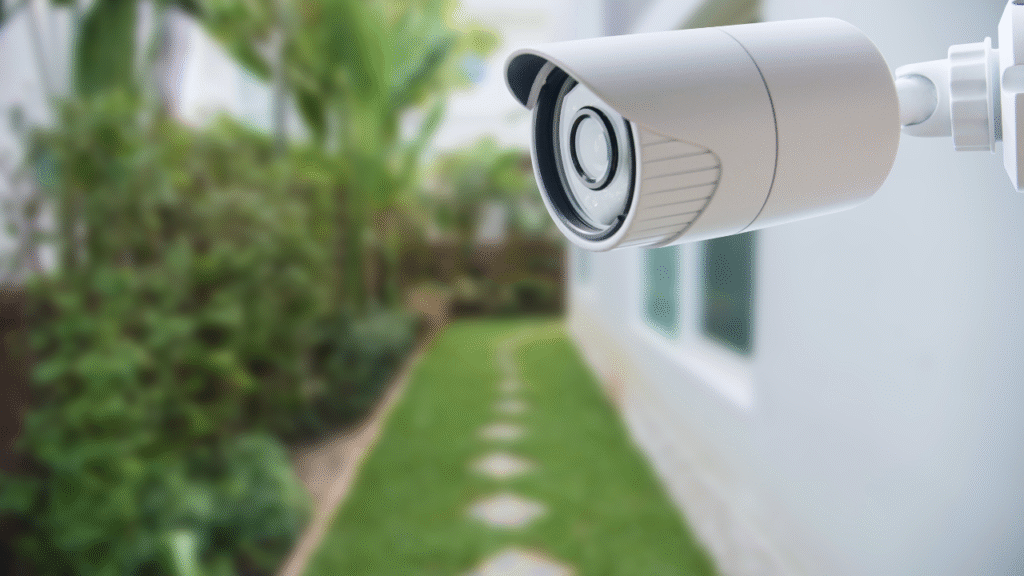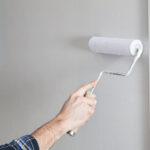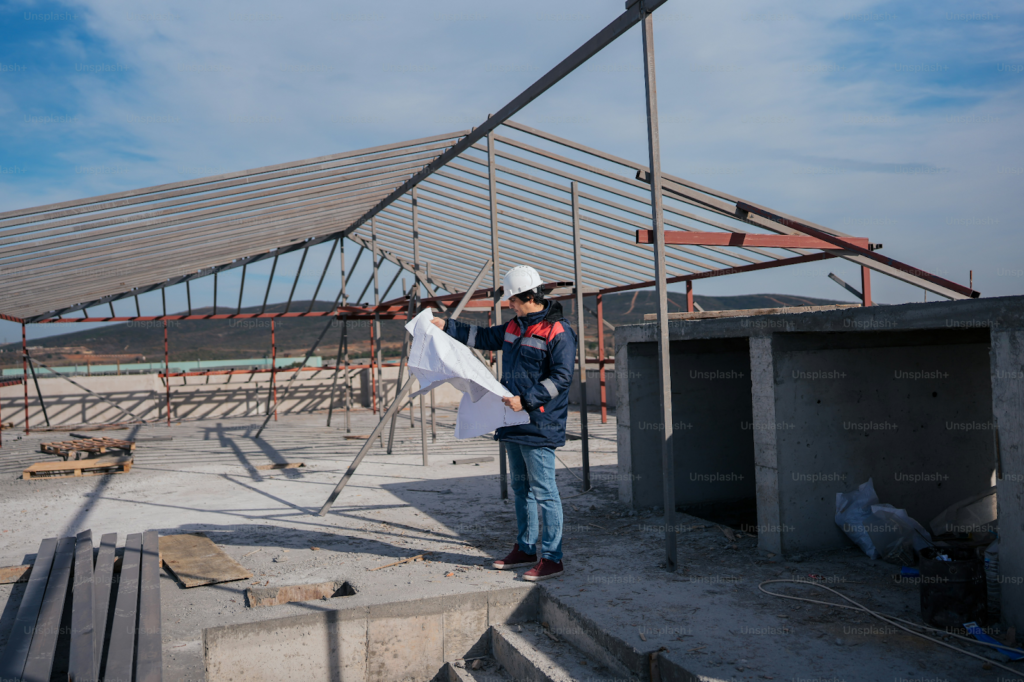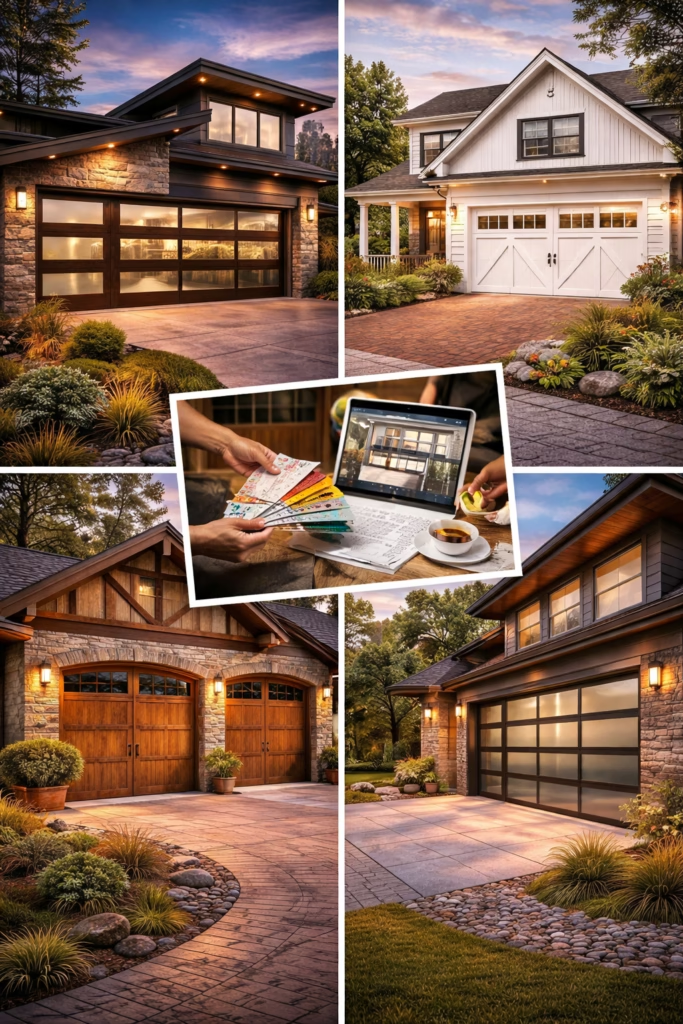In an era where safety and transparency are top priorities for homeowners and businesses alike, installing surveillance cameras seems like an obvious choice. But while setting up a security camera system offers peace of mind, it also raises critical legal questions—especially in the U.S., where privacy laws vary by state.
Whether you’re considering a home security camera installation or planning a commercial CCTV installation, understanding the legal framework behind surveillance is essential to ensure compliance and avoid costly mistakes.
Why Legal Awareness Matters in Surveillance Camera Installation
Installing a video surveillance setup without knowledge of local laws can lead to fines, lawsuits, or worse—breaches of trust. With a surge in wireless camera installation services and cloud video surveillance, boundaries are becoming more blurred between security and personal privacy.
Before you move forward with a monitoring camera install, consider the following legal considerations that apply nationally, and some that vary by state.
1. Know the Federal Wiretap Act (Audio Recording Laws)
While video recording in public spaces is generally allowed, audio recording without consent may violate federal wiretapping laws. If your camera system installation includes microphones, you must comply with the one-party or two-party consent laws, depending on your state.
- One-party consent states: Only one person in the conversation must consent to the recording.
- Two-party consent states: All parties must be aware and agree to being recorded.
Tip: When hiring a licensed surveillance system contractor, make sure they disable audio by default or advise based on your jurisdiction.
2. Residential Surveillance Laws: Can I Record My Neighbors?
Installing indoor/outdoor camera setups around your home is perfectly legal—until it starts invading someone else’s privacy.
You can:
- Record your property (driveways, yards, front doors).
- Use night vision camera installations for added security at night.
You can’t:
- Point cameras directly into neighbors’ windows.
- Use hidden cameras in areas where privacy is expected (bathrooms, bedrooms).
Smart surveillance integration has made it easier than ever to monitor your home, but privacy laws still apply—even for IP camera setups with cloud access.
3. Surveillance in the Workplace: What’s Legal for Businesses?
If you’re installing commercial camera systems or office surveillance solutions, you need to strike a balance between protecting assets and respecting employee privacy.
Employers can legally monitor areas like:
- Entrances and exits
- Retail floors
- Warehouses
- Parking lots
However, cameras should not be placed in:
- Restrooms
- Break rooms
- Locker rooms
Installing HD surveillance systems with real-time video monitoring and motion detection alerts is legal in common workspaces, but it’s a best practice to notify employees and post signs. This ensures compliance and builds transparency.
4. The Role of Cloud and Remote Access in Legal Compliance
With cloud-based video storage and remote camera access, it’s easier than ever to check footage on the go. However, if the data is stored offsite or accessed from another state, you must ensure compliance with data protection and cyber security laws like:
- California Consumer Privacy Act (CCPA)
- GDPR (if applicable to international customers)
- Local regulations for surveillance system packages
Make sure your system offers encrypted storage and access logs. Reputable security system configuration providers can help you stay compliant.
5. Choosing the Right Installation Partner
Whether you’re looking for affordable camera installation services or searching for the best surveillance camera installation company, always verify the installer is:
- Licensed and bonded in your state
- Familiar with surveillance compliance regulations
- Experienced in DVR/NVR setup, alarm and camera system integration, and AI-powered security cameras
If you’re based in Southern California, working with a professional security system installer for surveillance camera installation in Los Angeles can give you local insight into regulations and building codes.
Common Use Cases (And Legal Watchpoints)
| Use Case | Legal Watchpoint |
| Retail Surveillance | Post clear signage and avoid employee-only areas |
| Home Monitoring | Avoid filming neighbors’ property |
| Office Surveillance | No cameras in restrooms or changing areas |
| Remote Monitoring | Ensure data encryption & proper access permissions |
| Audio + Video Recording | Comply with state-level consent laws |
Final Thoughts: Be Secure, Be Smart, Be Legal
Security is no longer just about locks and alarms—it’s about integrated, intelligent systems that offer peace of mind. But with great technology comes great responsibility.
If you’re planning to buy and install security cameras or compare business CCTV installation services, make legal compliance part of your checklist. When in doubt, hire surveillance camera installers who understand the nuances of privacy laws and tech regulations.
Your safety—and your reputation—depend on it.






